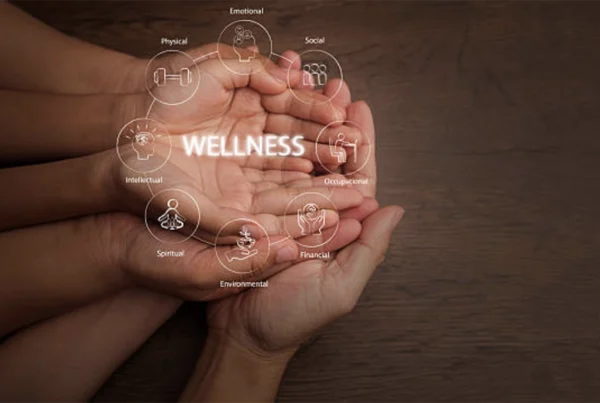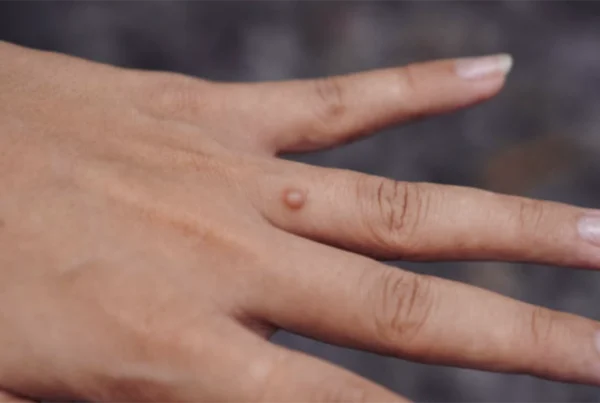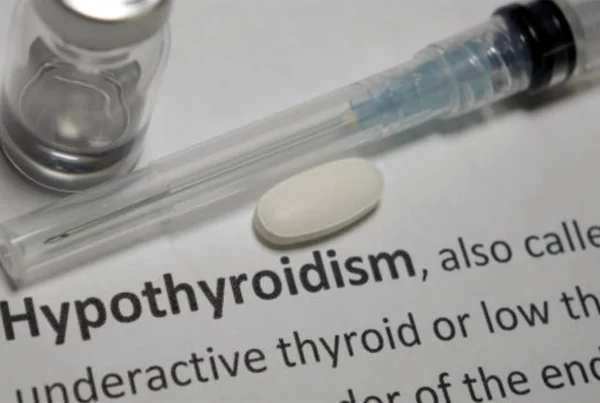Varicose veins are often dismissed as merely a cosmetic issue, but they can signify deeper health concerns. Understanding the implications of untreated varicose veins is crucial for maintaining overall health and well-being.
Understanding Varicose Veins
Varicose veins are enlarged, twisted veins that commonly appear on the legs and feet. They occur when vein valves malfunction, causing blood to pool and veins to swell. While they may seem harmless initially, they can lead to significant health issues if left untreated.
Health Risks Associated with Untreated Varicose Veins
1. Chronic Venous Insufficiency (CVI)
CVI is a condition where the veins cannot efficiently return blood to the heart, leading to symptoms like swelling, pain, and skin changes. Untreated varicose veins are a common cause of CVI.
2. Deep Vein Thrombosis (DVT)
Varicose veins can increase the risk of DVT, a serious condition where blood clots form in deep veins, potentially leading to life-threatening complications like pulmonary embolism.
3. Venous Ulcers
Prolonged venous insufficiency can result in skin ulcers, particularly around the ankles. These ulcers are difficult to heal and can become chronic without proper treatment.
4. Bleeding and Skin Infections
Varicose veins close to the skin surface may rupture and bleed, especially after minor injuries. They also increase the risk of skin infections due to poor circulation.
Psychological and Emotional Impact
Beyond physical symptoms, varicose veins can affect mental health. Individuals may experience decreased self-esteem and social anxiety due to the appearance of their legs, leading to a reduced quality of life.
Modern Treatment Options
1. Sclerotherapy
A minimally invasive procedure where a solution is injected into the vein, causing it to collapse and fade.
2. Endovenous Laser Therapy (EVLT)
This technique uses laser energy to seal off varicose veins, redirecting blood flow to healthier veins.
3. Radiofrequency Ablation (RFA)
RFA involves using radiofrequency energy to heat and close off affected veins.
4. Lifestyle Modifications
Regular exercise, maintaining a healthy weight, elevating legs, and wearing compression stockings can alleviate symptoms and prevent progression.
When to Consult a Vein Specialist
If you experience persistent leg pain, swelling, skin discoloration, or ulcers, it’s essential to seek medical advice. Early intervention can prevent complications and improve outcomes. Consulting a qualified Vein Doctor can provide personalized treatment options.
Conclusion
Varicose veins are more than a cosmetic concern; they can lead to serious health issues if ignored. Recognizing the signs and seeking timely treatment is vital for maintaining vascular health and overall well-being.







